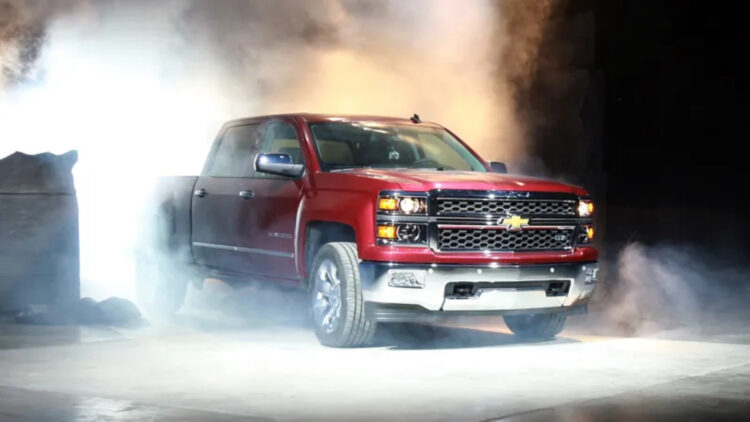Major auto companies such as Ram, Honda, GM, Volkswagen, and Tesla are carmakers affected by a recent recall of over 660,000 vehicles, as declared by the National Highway Traffic Safety Administration (NHTSA). These include brake problems, possible fire hazards, and many other factors that make driving dangerous.
Consumers are encouraged to verify whether their vehicles are included in this campaign so that needed repairs can be performed. Here is what you ought to learn regarding the implicated products and risks to safety.
Stellantis recall: Brake issues affecting over 317,000 Ram trucks
Chrysler’s parent company, Stellantis, recently recalled more than 317,000 Ram pickup trucks because of a faulty hydraulic control unit (HCU). This may lead to the failure of the anti-lock braking system (ABS), electronic system control (ESC), and also traction control systems. These failures enhance the risks of having an accident, especially in adverse driving conditions.
These are 2017-2018 Ram 2500 and 3500 pickups and 3500, 4500, and 5500 cab chassis trucks. On the brake HCU, dealers will relay the information back to owners at no cost. Recall notifications are to be expected by January 9, 2025. Current owners of Ram trucks are encouraged to contact FCA customer support for more direction on keeping their vehicles safe.
This recall shows that routine service is crucial, and so is taking action when a recall is issued. Given such a critical system can be at risk, drivers of such vehicles should respond at once to such notifications.
Honda recall: Over 200,000 SUVs at risk of fuel leaks
Honda recently recalled 205,760 Passport and Pilot SUVs because of a fuel filler neck tube and pipe separation. This defect may cause fuel leaks; when exposed to ignition sources, they are prone to causing fires. Honda insists that this is a preventive measure to safeguard owners of the vehicles.
These include the 2023-2024 model year Passport and the 2023-2025 model year Pilot. The dealerships will then examine and repair the parts at no cost. Recall notifications to the customers will start from 6th January 2025. Honda owners can call the company’s customer service to find out if their car is on the list and when to get it fixed.
This recall shows one more time that Honda is a company motivated by the safety issue and ready to react as soon as possibilities of certain risks exist. These inspections are essential, especially to the owners of vehicles, to reduce the incidence of road accidents.
General Motors recall: Unlatched tailgates create potential road hazards
American auto giant General Motors (GM) has recalled 132,037 Chevrolet Silverado and GMC Sierra pick-up trucks because of the faulty tailgate latches. In these trucks, the electronic gate-release switch might short-circuit if water seeps in, which will unlatch the tailgate on its own. This can lead to an insecure load falling on the wrong part of the road, thus posing a great danger to the driver and other road users.
The models that are being recalled include 2024 Chevrolet Silverado 2500 and 3500, 2024 GMC Sierra HD 2500 and 3500. Owners of the affected cars will be able to have the faulty components replaced for free at GM. They will receive notification letters by mail by January 13, 2025. The owners are urged to check their tailgates and not move loads that are not properly secured until fixed.
This recall emphasizes the need to repair even the most minor flaws because they may pose serious risks on the road. Owners must intervene to avoid accidents and guarantee property safety measures.
As mentioned earlier, these recalls strongly emphasize safety; therefore, owners should always be vigilant and prepared. Brake problems, fuel emissions, and tailgate failure pose certain risks that may lead to an accident.
Any car on the list or you believe could be on the list should visit the NHTSA website or contact the dealer for further confirmation and to find out how to fix your car. Because failure to attend to these recalls can lead to accidents, you should ensure you address them as soon as possible to safeguard the lives of everyone.

